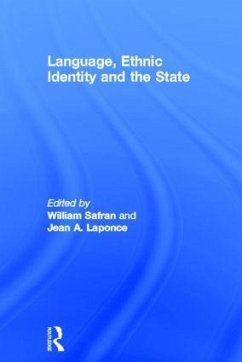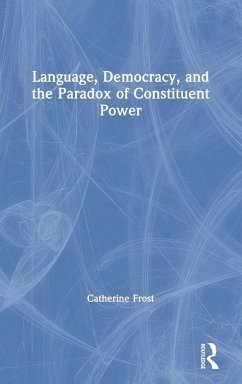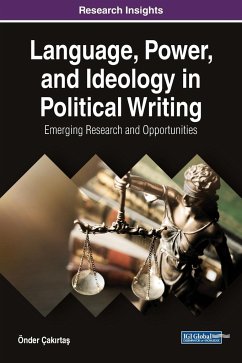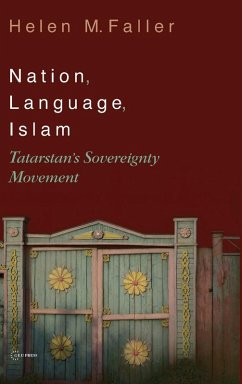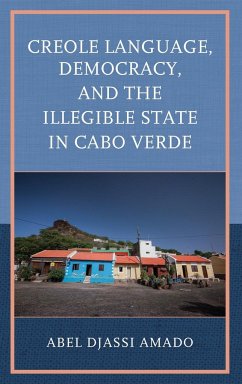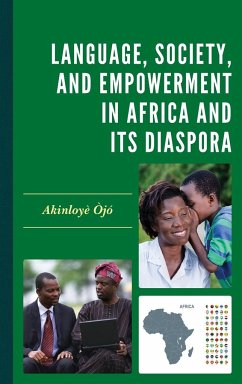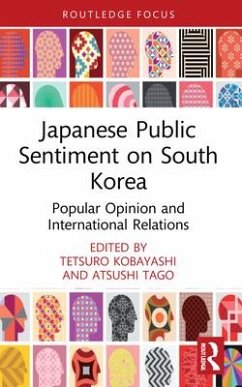
Language, Ideology and Japanese History Textbooks
Versandkostenfrei!
Versandfertig in 1-2 Wochen
168,99 €
inkl. MwSt.
Weitere Ausgaben:

PAYBACK Punkte
84 °P sammeln!
The Japanese history textbook is one that keeps making the news, particularly with reference to claims that Japan has never 'apologized properly' for its actions between 1931 and 1945, and that it is one of the few liberal, democratic countries in which textbooks are controlled and authorized by the central government. There are frequent protests, both from within Japan and from overseas, that a biased, nationalistic history is taught in Japanese schools. This is the first time that all the authorized textbooks currently in use have been analyzed using a critical discourse that is anchored fir...
The Japanese history textbook is one that keeps making the news, particularly with reference to claims that Japan has never 'apologized properly' for its actions between 1931 and 1945, and that it is one of the few liberal, democratic countries in which textbooks are controlled and authorized by the central government. There are frequent protests, both from within Japan and from overseas, that a biased, nationalistic history is taught in Japanese schools. This is the first time that all the authorized textbooks currently in use have been analyzed using a critical discourse that is anchored firmly in the theory of 'language within society', elucidating the meanings and associated ideologies created by the language of textbooks. Barnard examines the meaning-making potential of language, questions why certain choices are made, and links these choices to the ideological construction of meaning within Japanese history textbooks. Perhaps controversially, this ideological contruction is then linked to debates within Japanese society regarding war responsibilites and the textbook authorization system. Among the historical incidents dealt with in the book are: the Manchurian Incident, the Rape of Nanking and the Japanese attack on Pearl Harbor. This book will appeal to anyone interested in hte ideological construction of language as well as proving essential to specialists in Japanese Studies, sociology, social and cultural history.




